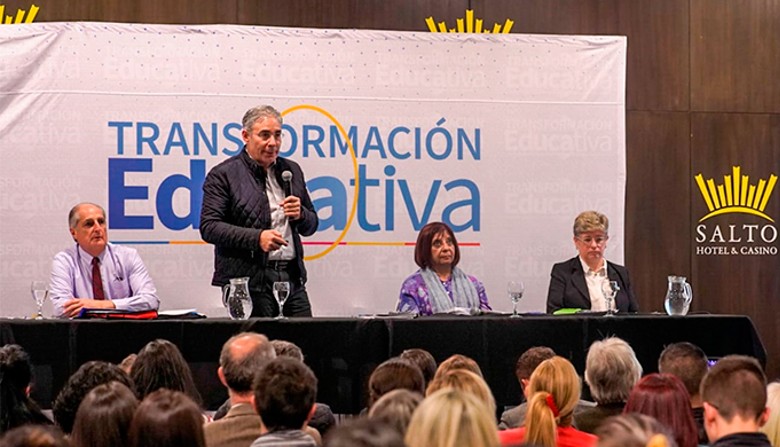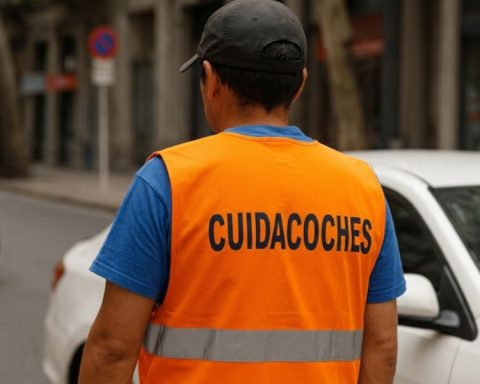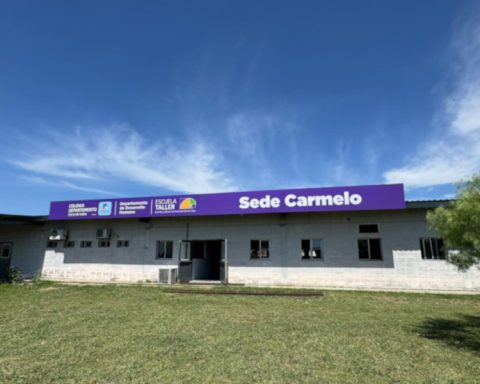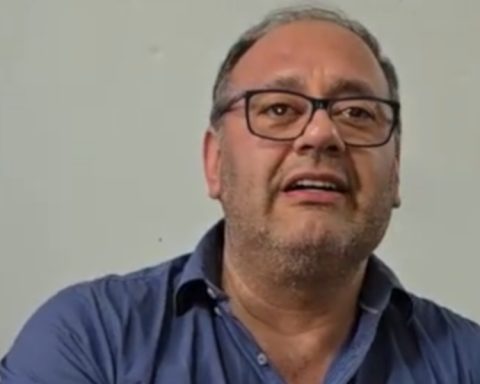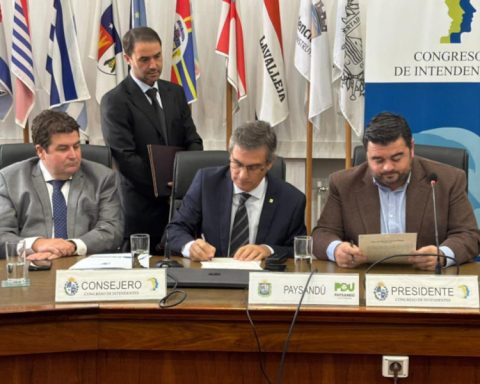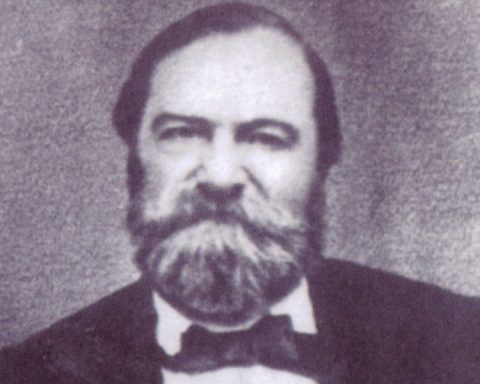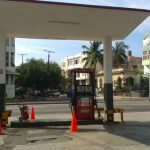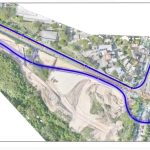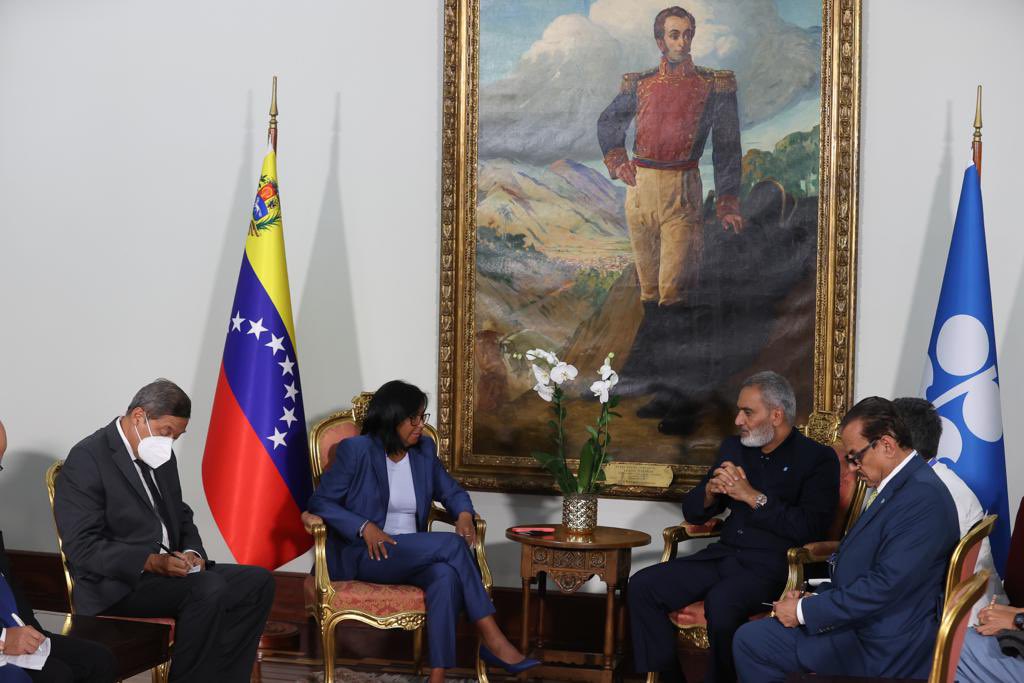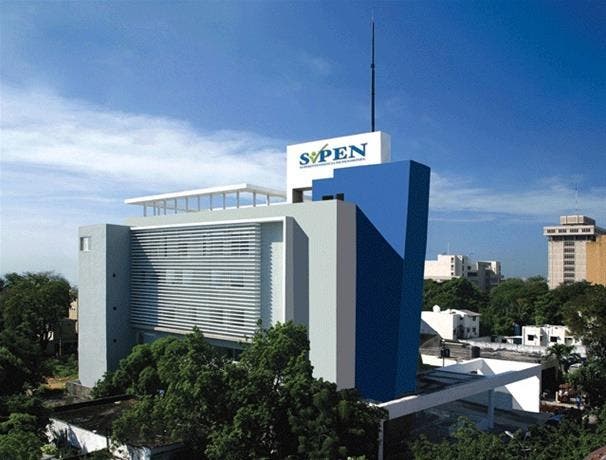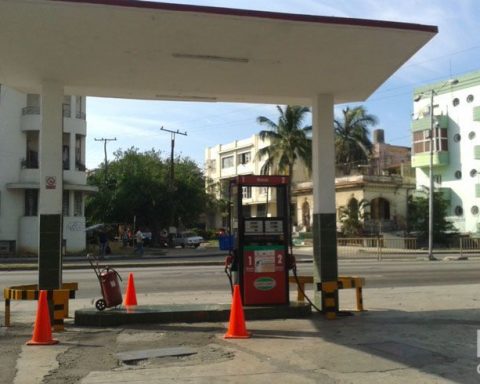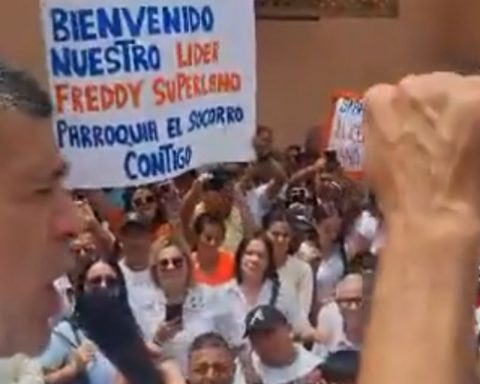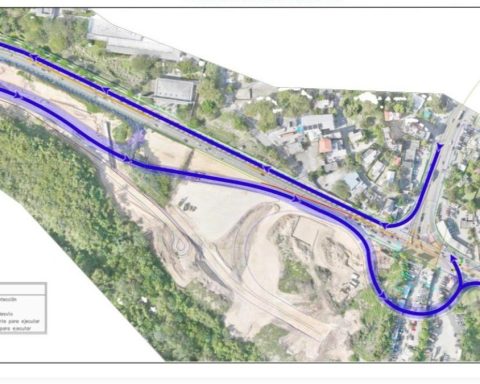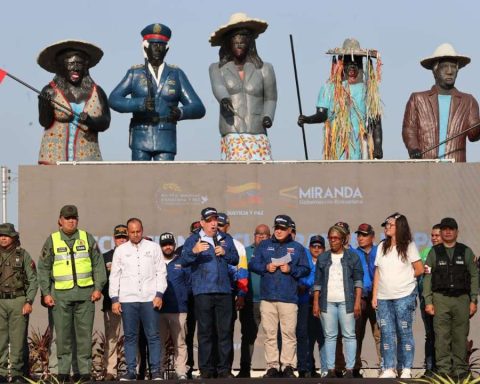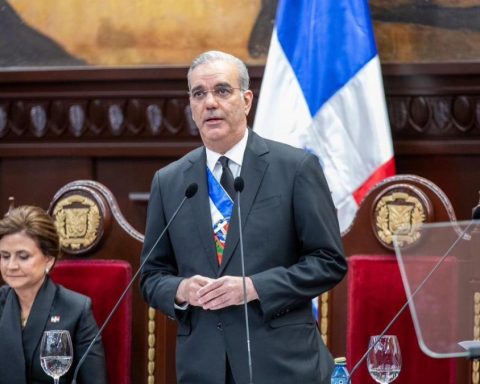A new “Face-to-face meeting with the community” will take place in San José to continue the dialogue on Educational Transformation. The meeting will be tomorrow, Friday, September 16 at 6:30 p.m. in the Cultural Space of said city (July 18, corner of Treinta y Tres, in front of the Plaza). The last of these meetings was in Salto. The president of the ANEP, Robert Silva, said in that department during his presentation analyzing figures about the current educational reality that “between 21 and 23 years of age in Higher Secondary Education, only 4 out of 10 graduate, but if we look at quintile 1 and 5 the difference is abysmal. 82% of those with the most graduate, while only 18% of those with the least do so,” he explained.
In this sense, he assured that “we are going to improve the learning and educational trajectories of children and young people. For this we will encourage accompaniment. For the first time, 100% of public high schools have tutorials and this year the UTU had tutorials for the first time”, she reported.
Silva announced “we will address internal inequity with policies focused on vulnerable populations. For this reason, we established the María Espínola proposal with greater permanence, new educational figures and a strong emphasis on the recreational and technological play”. “When it is said that we have cut the education budget, it is a lie. We are in a historic investment in food. The largest number of days we attended feeding was in 2020 and 2021,” she assured.
On the other hand, he stressed that “we are following a curricular path in education and we always say that if there is disagreement, come with a proposal. Action is required. We cannot have more paralysis and that is why we carry out this transformation. There will be no equity if there is no curricular change”. “It is about making the child have a continuous journey in education. There is a difficulty that imposes on us the obligation to act from the didactic logic, but also from an institutional management logic to get out of the speeches to the action”. “We have approved 110 million dollars to face the salary recovery of teachers and civil servants, and to address other situations of salary inequity that have been dragging on for a long time.” “We will not cede the right to anyone in defense of education because we are children of public education, and also because it would be underestimating ourselves too much. Public education is the fundamental tool to give opportunities to those who have less”, he concluded.
